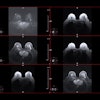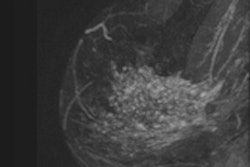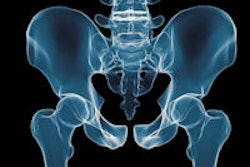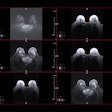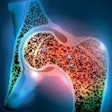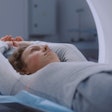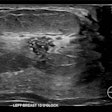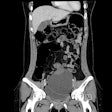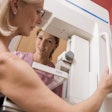Dear Women's Imaging Insider,
Breast MRI has long been known for its capabilities of excluding malignancy. However, there has been a debate in recent years over whether the modality can problem solve: i.e., be used when mammographic and sonographic findings are inconclusive. A new study from Vienna should put that debate to rest. Read what the researchers found.
Multidetector-row CT (MDCT) is used frequently in evaluating pelvic pathology, but in many cases, normal anatomic landmarks are distorted. Therefore, it is imperative that imaging professionals brush up on their knowledge of the pelvis, particularly the normal anatomy and its correlation with MDCT images, award-winning researchers from Spain have asserted.
Everybody's favorite debate has entered the news again: screening mammography. Only this time, the debate concerns policy. The Swiss Medical Board has recommended screening mammography be wound down as it does not clearly produce more benefits than harms. In response, breast cancer screening advocates are outraged, saying the decision puts women's lives at risk and is based on faulty science. Our columnist Dr. Peter Rinck weighed in and said he never liked x-ray mammography, because it reminded him of "searching for the truth on the bottom of a tea cup: You either see something in the leaves or you don't." Read all about the debate in the Women's Imaging Digital Community.
The following are more news stories you can find in the community:
Two Egyptian studies are showing the advantage of using contrast-enhanced spectral mammography for detecting breast lesions, and the researchers compare it favorably with more established imaging modalities -- in particular, for imaging facilities with limited resources. Find out what else they say.
Norwegian women reveal how they feel about digital breast tomosynthesis. Most didn't find it to be more painful than standard mammography, nor were they concerned about its radiation health effects.
Screening for breast cancer with digital rather than film-screen mammography lowers recall and biopsy rates, suggesting the technology causes less "harm" to women and the healthcare system in the form of overdiagnosis or unnecessary biopsies. Read more.
For other women's imaging stories, visit the Women's Imaging Digital Community or scroll below.
As always, if you have a suggestion, hot tips, or a comment, feel free to email me.




